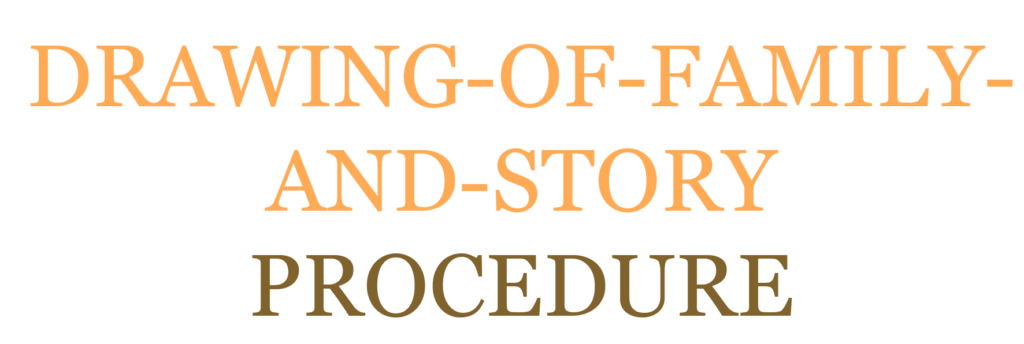SALLES, S. R. M. A Análise psicossocial de adolescentes em conflito com a lei acusados de praticar abusos sexuais [Psychosocial analysis of adolescents in conflict with the law accused of sexual abuse]. 151 f. Master’s Dissertation – Faculdade de Ciências Humanas, Universidade Federal da Grande Dourados, Dourados (MS), 2018.
Available on: http://repositorio.ufgd.edu.br/jspui/handle/prefix/1131
The infraction act in adolescence that involves the practice of sexual abuse arouses the most varied emotions. It is a complex phenomenon, in which the adolescent, although perpetrating the violence, is also developing themselves, and needs protection from the State. The present study aimed to analyze the phenomenon of sexual abuse practiced by adolescents who respond to lawsuits in the Child and Youth Court of the Region of Campo Grande / Mato Grosso do Sul. To do so, we sought to verify how the adolescents understand the prosecution of sexual abuse and its consequences; the relationship established between the adolescent and his / her family environment, as well as know the factors has contributed to the manifestation of this behavior. Seven adolescents, aged 12 to 17 years, who were referred for psychological evaluation in the Forensic Psychosocial Coordination of the Court of Justice of Mato Grosso do Sul, from March to June 2017, participated in this study. Semi-structured interviews were conducted with the adolescents and their legal guardians, submitted to the analysis of thematic content according to Bardin (1995) and application of the Drawing-of-Family-and-Story Procedure of Walter Trinca with the adolescents, analyzed from the Psychoanalytic Theory. This project was submitted to the Research Ethics Committee of the Federal University of Grande Dourados and met the requirements of Resolutions CNS 466/2012 and 510/2016. The results/discussion pointed to the influence of environmental deprivation in at least four of the seven adolescents surveyed, difficulties in the manifestation of affections by adolescents, that indicate transgenerational sexual abuse and/or involvement of family members in illegal practices. It is understood that the sexual abuses practiced by these adolescents are much more related to the failures in the family management and / or important affective absences in their development, than to an individual pathological characteristic of the adolescent. The recognition of the act practiced by some of the adolescents also indicated a positive perspective of reparation for these youngsters who, if they find family support, security and adequate intervention, can outsource their conflicts and anxieties, by avoiding recurrence of the act. It is believed that this research can motivate professionals to work with adolescent who has committed sexual abuse, reducing rejection and filling gaps that may exist in this area, whether in future psychological assessments or intervention projects.

